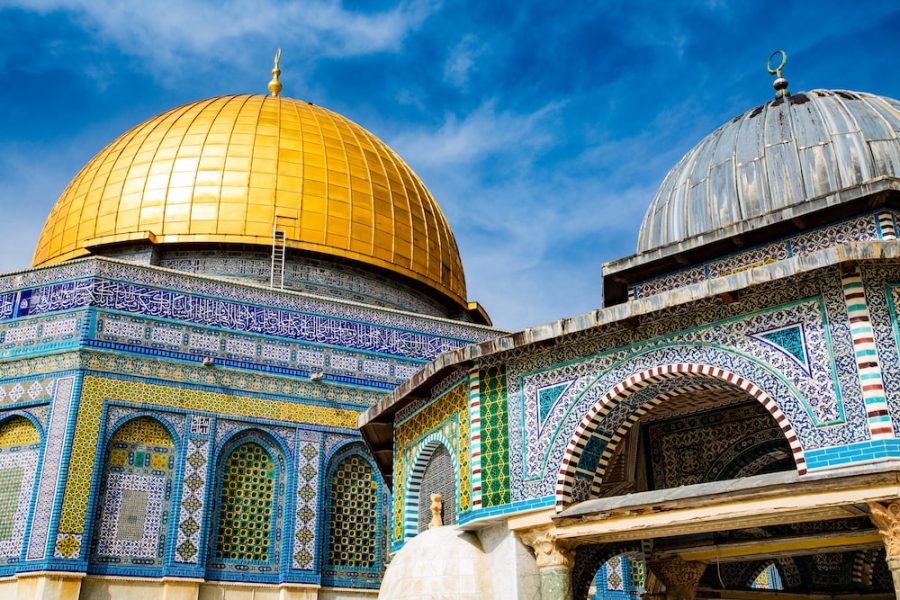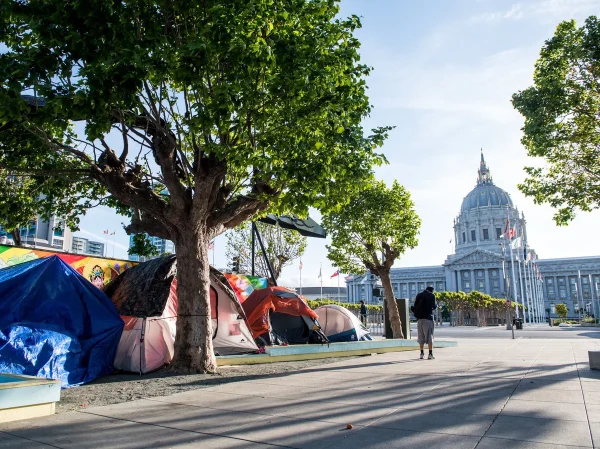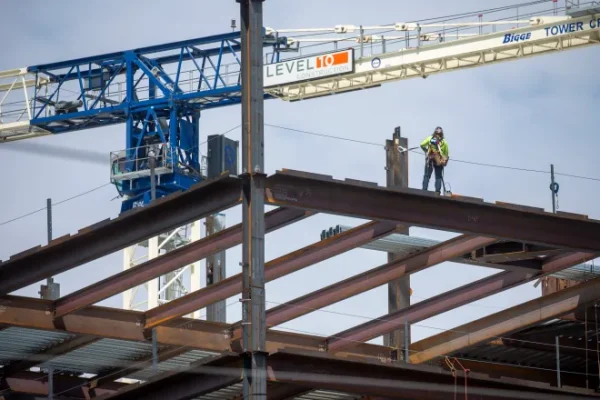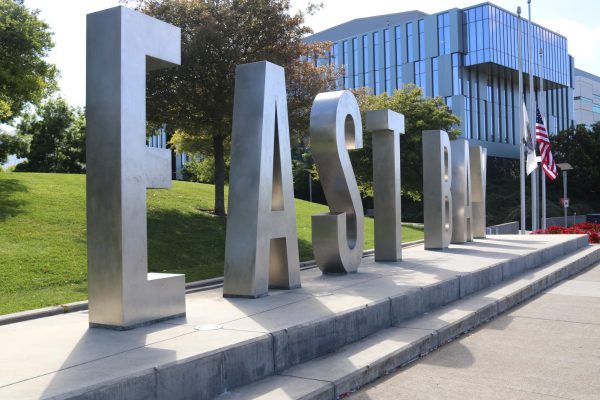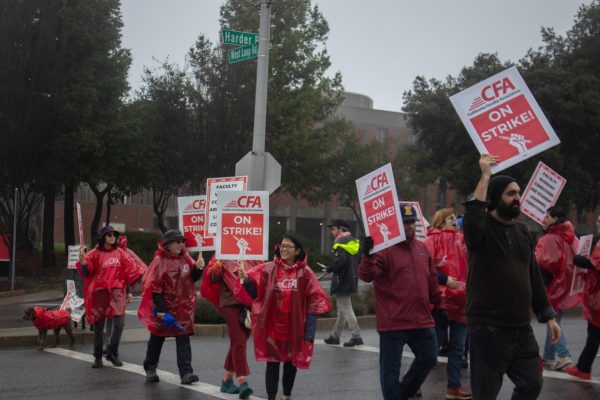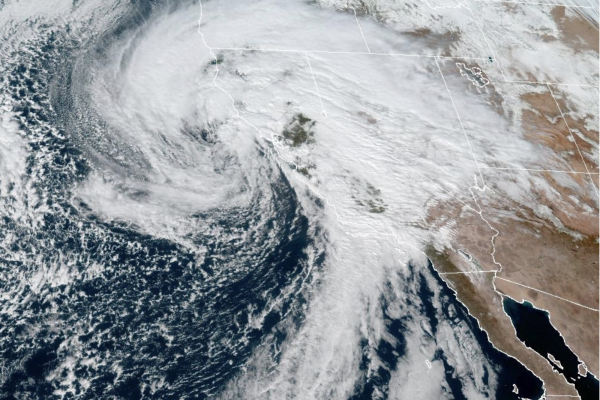The Fight for Al-Aqsa Mosque
April 19, 2023
Israeli forces stormed the Al-Aqsa mosque — one of the holiest sites in Islam — in East Jerusalem, Palestinian territories on Apr. 5, with raids and violence persisting as the Holy Month of Ramadan nears its end.
Footage shared across various social media sites shows Israeli officers using brute force inside the place of worship. Israeli police struck mosque visitors with batons during prayer, claiming that “hundreds of rioters had barricaded themselves inside.”
Parties to the clash from the Israeli side have issued multiple threats to the visitors of the mosque in an attempt to claim Palestinian territory around the holy site due to its religious significance in Islam, Christianity, and Judaism. In response to the ongoing attacks, Muslim worshippers have held nightly prayers in attempt to claim the mosque.
Following the launch of 34 rockets from southern Lebanon amidst police brutality against Palestinian worshippers at the Al-Aqsa mosque, Israeli forces retaliated with air raids on infrastructure targets in southern Lebanon and the Gaza strip, attributing the initial strike to Hamas, a militant Palestinian group.
“We will hit anyone who tries to harm us and exact a heavy price that will make them regret threatening Israeli citizens or IDF troops,” said the Israeli Defense Minister Itamar Ben-Gvir in response to rockets being fired from Gaza and Lebanon. Hamas has denied involvement with the airstrikes, expressing outrage over targeted attacks on their territory by the Israeli forces.
The deliberate targeting of the Al-Aqsa mosque is not a new occurrence, with the holy site experiencing violent disruption by Israeli police previously on Apr. 15, 2022.
Recent escalations of force are fomenting anxiety among the Palestinian people, with the rising tensions likely an inflection of Prime Minister Benjamin Netanyahu and his cabinet’s “




